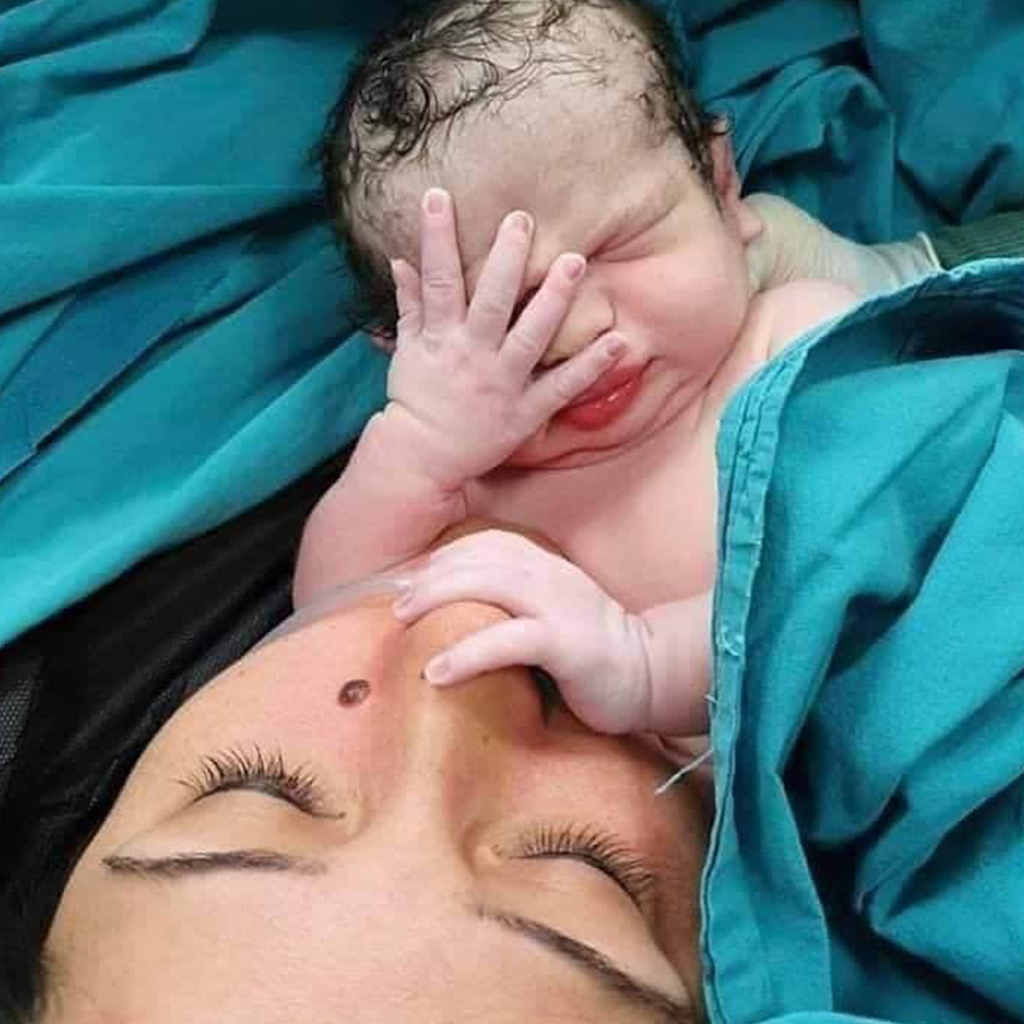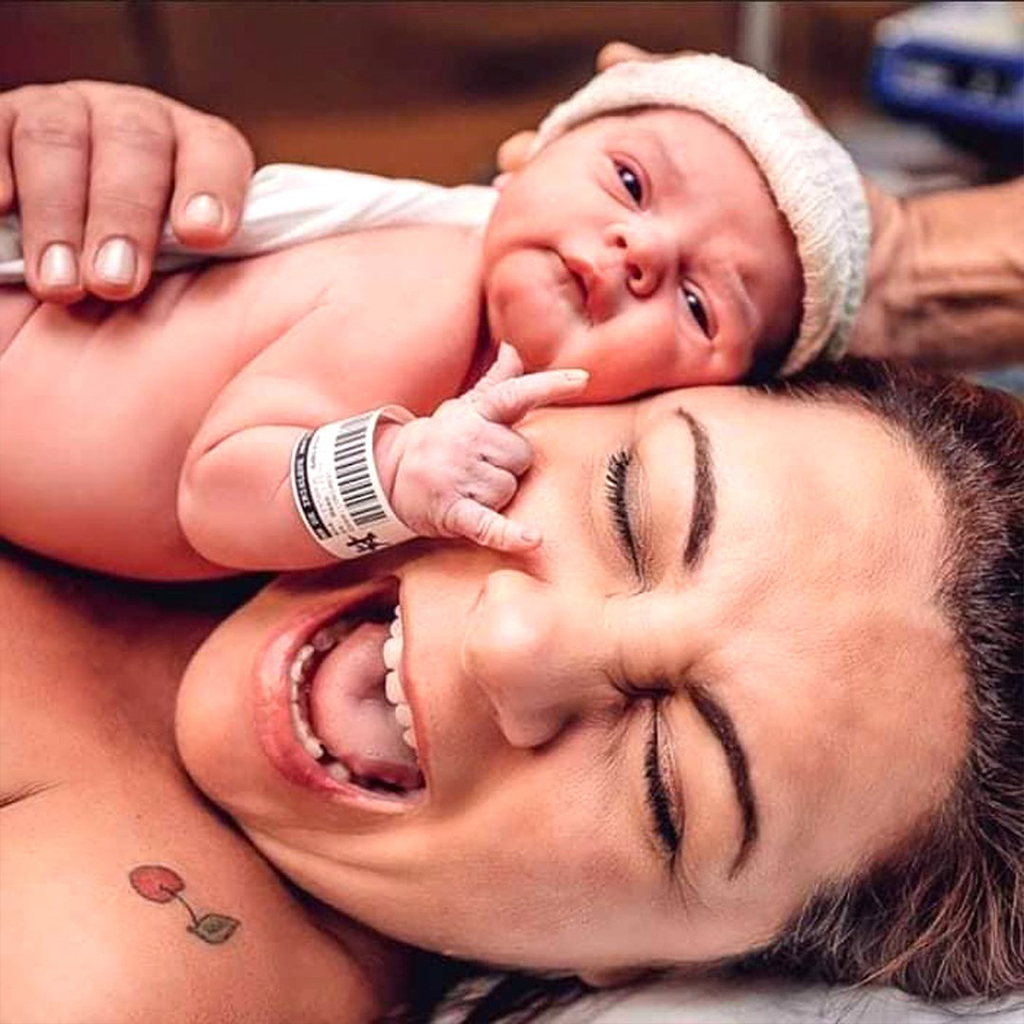Ideally, a baby begins babbling at around 4 months of age and progresses to talking as they continue to add new words to their vocabulary over the following months. You can anticipate them to express yes and no in important ways and to call out mama and daddy loudly between the ages of 12 and 18 months. For most babies, the first words they learn to say vary. Some infants, however, take a long time to say their first word. Parents naturally become anxious about it as a result. Premature birth and underweight in the infant are only two of the many factors that might cause speech delay, but happily, the majority of these issues can be resolved swiftly and successfully by professionals. Here are several indicators that your child will mature later in life.
1.They Might Have A Short Lingual Frenulum
Due to a restriction in the tongue’s range of motion, this ailment, also known as tongue-tying, makes it challenging for a person to speak. Additionally, this stops kids from using their tongue to contact their top lip or palate. If you notice this issue, you should speak with your child’s pediatrician, who can recommend possible medical solutions.
2.Do not initiate conversation when you are young
Take note of your baby’s babbling, paying careful attention to any noises that resemble “ba-ba-ba” or “ma-ma-ma.” One can begin to blabber even at the tender age of four to six months. If your baby is just not making these noises by the time they’re 7 or 8 months old, something may obstruct their speech. Talking to your pediatrician will help you solve this problem at the earliest.
3.They Are Underweight
If your child was born with a low birth weight, he or she may be more likely to talk later in life. Premature births—those occurring before 37 weeks—may also delay the development of speech abilities. However, for the majority of children, the speech issue resolves itself once they catch up on their growth chart.
4.They Have Oral-Motor Coordination Problems
Children lagging behind in their communication skills may also have difficulties with their oral motor skills . These manifest when there is dysfunction in the brain regions responsible for speaking. As a result, lip and tongue coordination may be more challenging for children.
5.To Check For Signs Of Hearing Impairment
When your child receives checkups, hearing tests are performed on a regular basis. If your child has hearing issues, there will also be a delay in their speaking abilities. However, your pediatrician will be able to resolve it, and as soon as it is, your child’s hearing and speaking abilities will improve.







